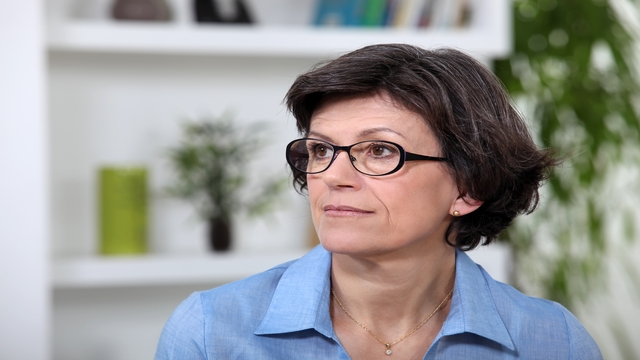First, expect cataract surgery if you're healthy enough to live a long life. The reference medical journal article reports that 45.9 percent of Americans over age 75 have vision degradation from cataracts. Each year in the United States, about 1.5 million have cataract surgery, with an estimated cost of $3.4 billion. This cost is much less than the price of living with correctable vision loss.
Known risk factors for cataracts include:
1. Age (this is the major one)
3. Smoking
4. Sunlight exposure
5. Diabetes
6. Trauma
7. Corticosteroid use
Good health practices can alter some of these factors to help us keep better vision for more years. But the primary focus of the medical community is advances in surgical technique to correct cataracts.
There are three types of cataract:
1. Nuclear cataract. The center of the lens hardens and yellows with age. Patients become more nearsighted, and may be able to read a newspaper but not pass the driver's license eye exam.
2. Cortical cataract. The outer fibers of the lens develops opacities. Patients notice glare and light scatter during activities such as driving.
3. Posterior subcapsular cataract. Granular opacities in the back of the lens cause greater loss of near vision than of distance vision. This type generally affects younger patients.
In most cases, the decision to get cataract surgery is easy. Our natural lenses lose their transparency over a period of years, and the patient is generally the best judge of when surgery can produce an improved quality of life. The results from cataract surgery are excellent: currently 90 percent of all cataract surgery patients achieve a best corrected vision of 20/40 or better. Special considerations include the presence of other eye problems, such as age-related macular degeneration or diabetic retinopathy. For patients with otherwise healthy eyes, 95 percent achieve 20/40 or better vision. Patients younger than 85 have better results than those older, so it is reasonable to get surgery early in the process of vision deterioration.
Diabetic eye problems may be treated before cataract surgery. There is some evidence that cataract surgery can induce macular degeneration or accelerate its progression, so patients at risk may choose “blue-blocking” replacement lenses to provide some protection.
Patients who have already had refractive surgery (LASIK and similar techniques) may have less success in finding replacement lenses that provide the best focus. Save your eye exam records from before refractive surgery for your cataract surgeon.
Reference:
Bollinger KE et al, “What can patients expect from cataract surgery?”, Cleveland Clinic Journal of Medicine 2008 Mar 2; 75(3): 193 – 201.
Linda Fugate is a scientist and writer in Austin, Texas. She has a Ph.D. in Physics and an M.S. in Macromolecular Science and Engineering. Her background includes academic and industrial research in materials science. She currently writes song lyrics and health articles.




Add a CommentComments
There are no comments yet. Be the first one and get the conversation started!